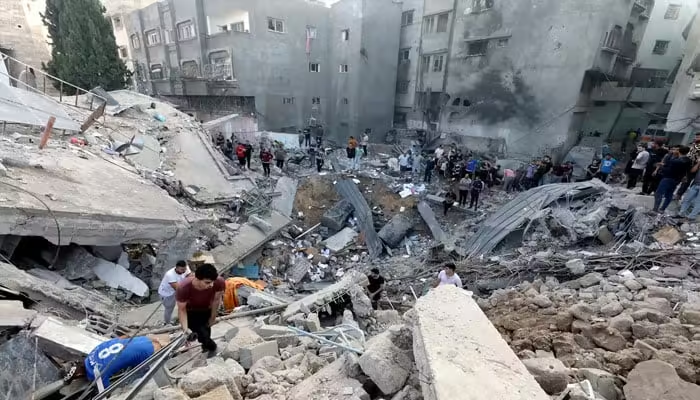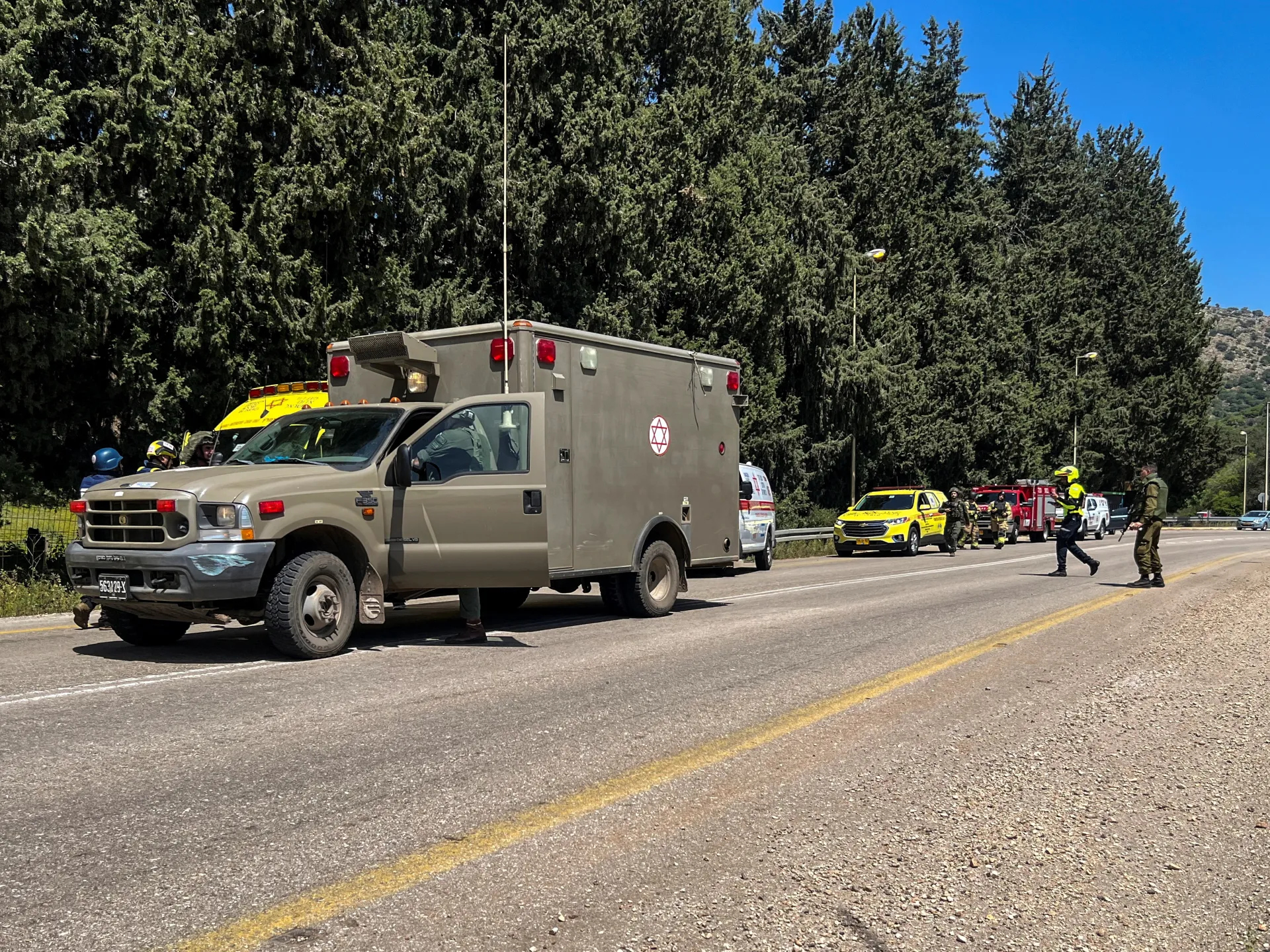The situation in Gaza has reached a critical point, with relentless attacks by the Israeli army leading to further loss of life among Palestinian civilians. According to reports from Arab media, recent bombings at the Nasirat refugee camp resulted in the deaths of 28 Palestinians, with many more injured. The injured were taken to Al-Awda Hospital, where resources are strained due to the influx of casualties.
This latest incident adds to the harrowing tally in a conflict that has already claimed over 43,000 Palestinian lives since it began last October. Shockingly, 70% of these casualties have been women and children, highlighting the devastating toll on innocent lives in Gaza.
Escalation of Violence in Gaza
The recent violence escalated as Israeli forces reportedly targeted several areas in Gaza City and Beit Hanun. On Tuesday morning, airstrikes struck civilian homes, leading to the deaths of five more Palestinians. According to health officials and humanitarian organizations on the ground, these incidents reflect an alarming increase in the frequency and intensity of attacks, further complicating efforts to provide relief to the affected population.
Witnesses from Gaza describe scenes of destruction and devastation, with families struggling to retrieve belongings and loved ones from the debris. With the situation in Gaza deteriorating, medical resources are overstretched. Hospitals, already burdened by a lack of essential supplies, now find it nearly impossible to keep up with the influx of injured civilians.
Refugees Targeted in Nasirat Camp
One of the most distressing aspects of the recent strikes was the bombing of the Nasirat refugee camp, a place intended to provide safety for displaced Palestinian families. Following the bombing, 23 individuals were declared dead, and dozens more suffered critical injuries. Refugee camps, which often house families who have already lost their homes, have become frequent targets in the conflict, with civilians bearing the brunt of violence. The international community, along with humanitarian organizations, has raised serious concerns about the continued targeting of these camps.
In the wake of these bombings, the Nasirat camp has been left in a state of shock and mourning. Community leaders are calling for increased international attention to their plight, urging world leaders to take steps to prevent further harm to the civilian population.
Women and Children Most Affected
Since October of last year, more than 43,000 Palestinian civilians have lost their lives, a devastating figure that underscores the tragedy of this ongoing conflict. With 70% of the casualties being women and children, the violence has disproportionately impacted those least able to protect themselves. In Gaza, entire families are struggling with the profound loss of loved ones and the constant fear of further attacks.
Medical professionals working in Gaza emphasize the physical and psychological toll on the civilian population, particularly among children who have experienced trauma from repeated bombings. Humanitarian organizations have noted a significant rise in cases of post-traumatic stress disorder (PTSD) among children, many of whom have been directly affected by the loss of family members or injury.
International Calls for Action and Ceasefire
The ongoing violence has prompted renewed calls from the international community for an immediate ceasefire and humanitarian intervention. Several human rights organizations and global leaders have condemned the targeting of civilian areas and called for accountability. Despite these calls, the situation remains critical, with bombings continuing and civilian casualties mounting.
The humanitarian crisis in Gaza has spurred multiple organizations to mobilize resources, though efforts are often hampered by restrictions on access to the region. Aid groups are pushing for safe corridors to allow for the delivery of essential supplies and medical care to those in need.
Alarming Impact on Gaza’s Infrastructure
As the conflict rages on, the infrastructure in Gaza has suffered severe damage. Schools, hospitals, and residential areas have been repeatedly struck, leaving large portions of the population without access to essential services. Water and electricity shortages are also exacerbating the crisis, as many communities struggle with limited access to clean water and reliable energy sources.
Humanitarian organizations have reported that schools and other public buildings are frequently turned into shelters, which are then targeted by bombings. The damage to Gaza’s infrastructure will likely have long-term consequences, affecting generations to come. With critical facilities damaged or destroyed, Gaza faces an uphill battle in rebuilding after the violence subsides.
The Human Cost of Conflict
The ongoing conflict in Gaza is a stark reminder of the devastating human cost of war. As families mourn the loss of loved ones, many have expressed a desperate need for peace and stability. The voices of those affected call out not only for an end to the violence but for a long-term solution that prioritizes the safety and well-being of all civilians.
Local community leaders, healthcare providers, and humanitarian workers are urging the international community to take decisive action, both to bring an end to the current violence and to address the root causes of the conflict. As the world watches, there is a growing call for unity and solidarity with the people of Gaza.
The recent escalation in Gaza, marked by airstrikes on refugee camps and residential areas, underscores the urgent need for international intervention and support for civilians caught in the crossfire. With over 43,000 lives lost since last October, predominantly women and children, the cost of this conflict on the Palestinian population is devastating.
The people of Gaza are appealing to the global community to recognize their plight and push for a ceasefire that prioritizes humanitarian needs. As the situation remains critical, the hope for peace and stability remains, with the collective voice of Gaza calling out for an end to the violence and a path toward a future free from fear.



